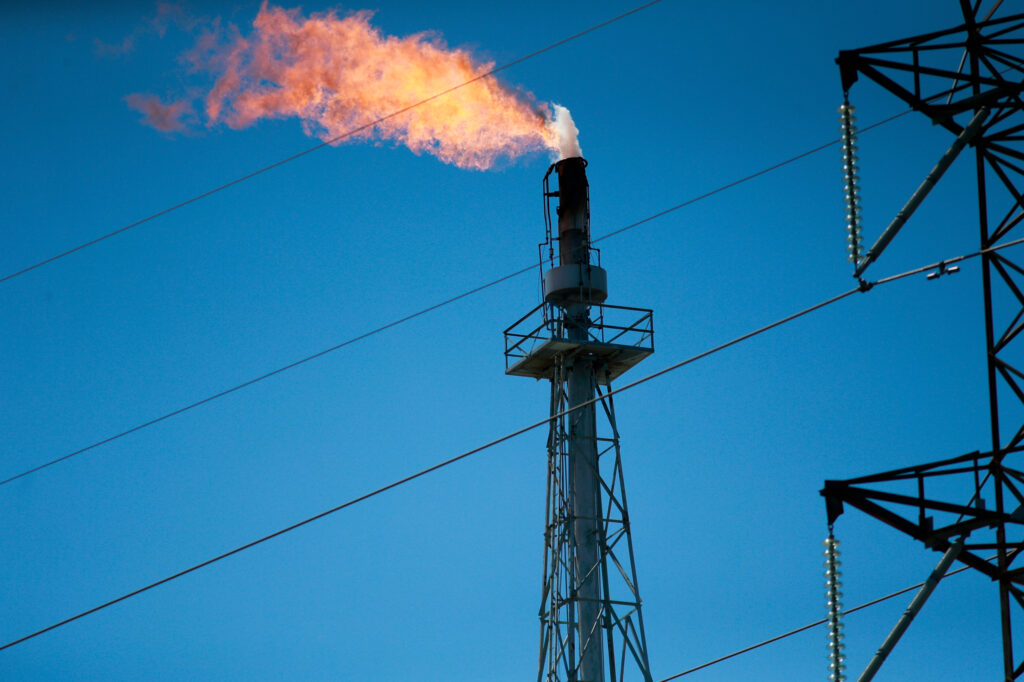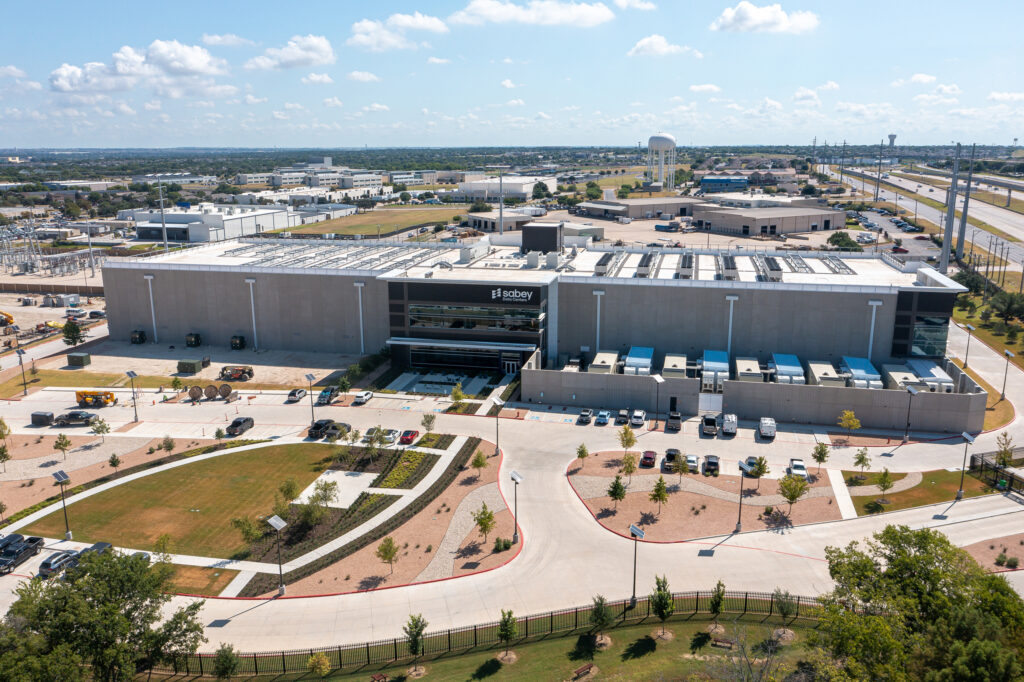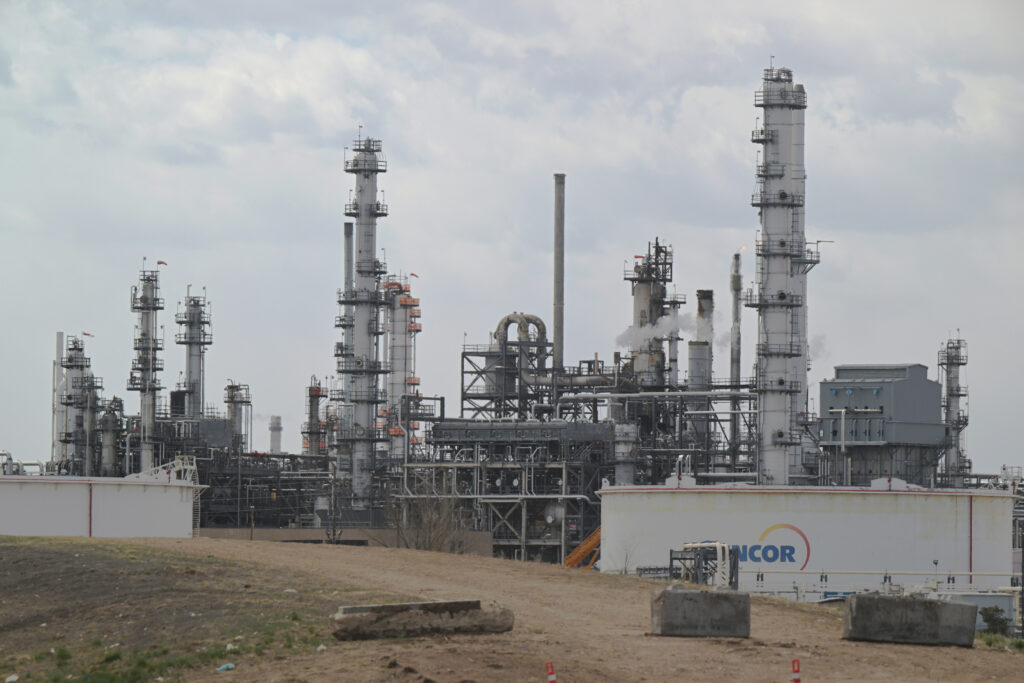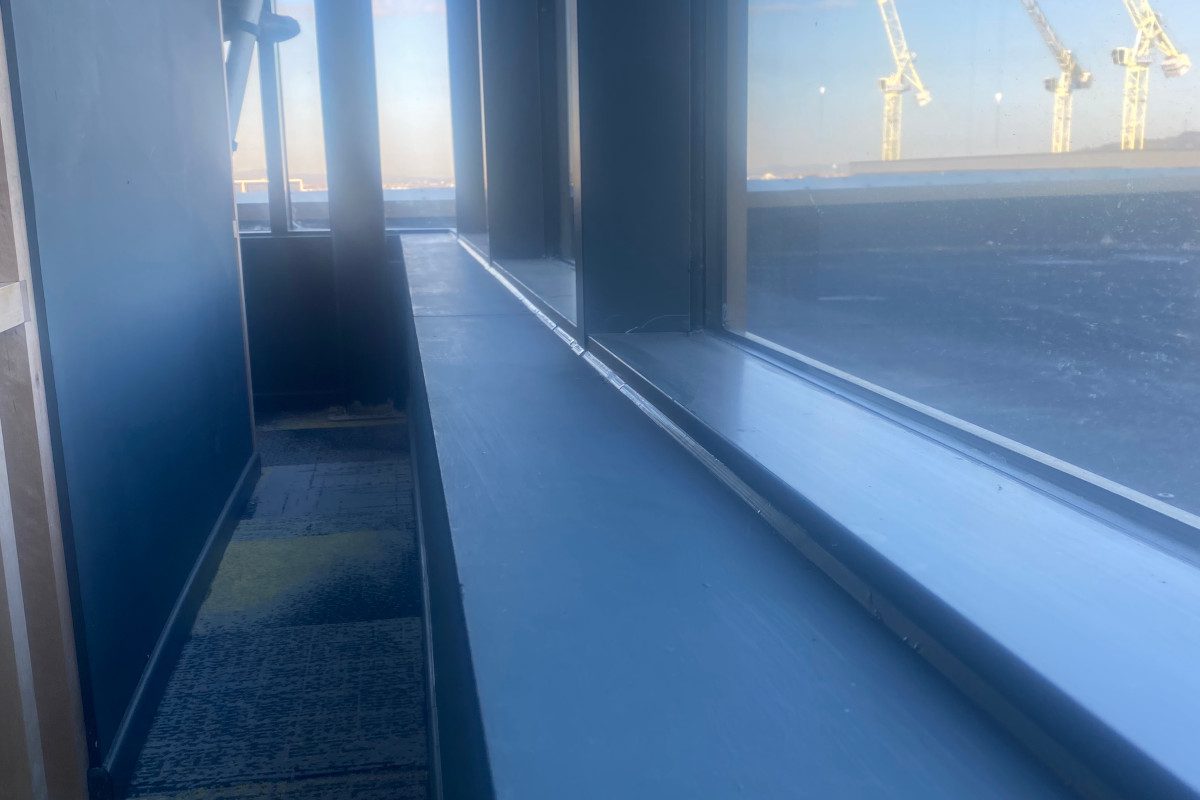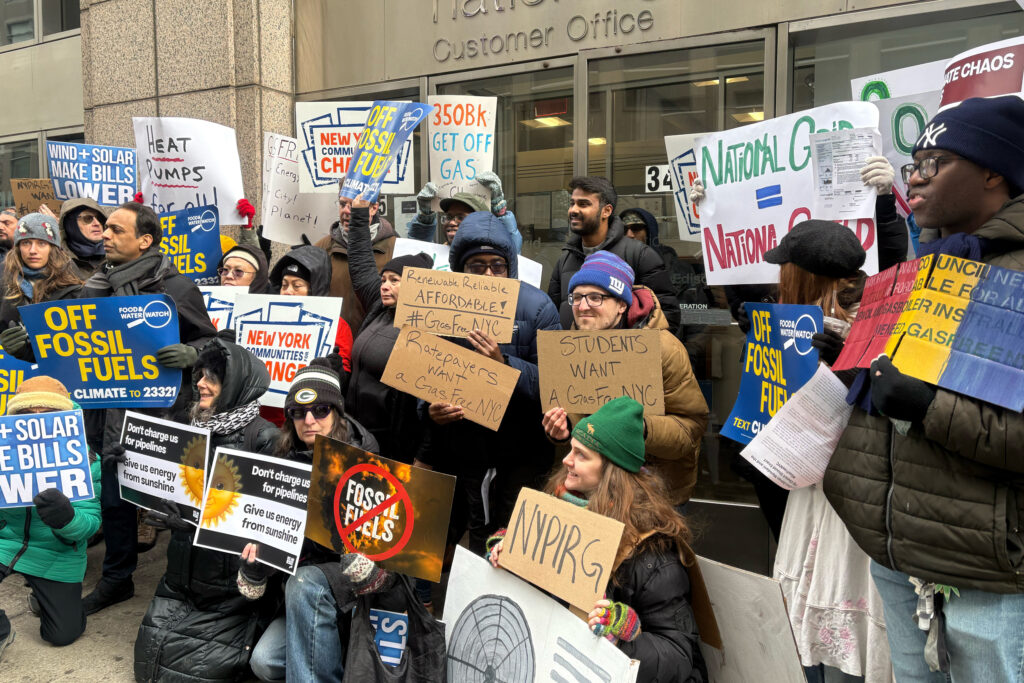Minnesota lawmakers are holding a hearing today to debate a proposed bill that would enact a series of changes to the way the state permits wind and solar farms, as well as the transmission lines needed to deliver the electricity they produce.
Last year, Minnesota passed a sweeping package of climate laws, including one that requires the state to generate 100 percent of its electricity from carbon-free sources by 2040. “We’re going to need quite a bit more renewable energy in our system to achieve 100 percent,” said Minnesota House Majority Leader Jamie Long, a Democratic-Farmer-Labor (DFL) party member who authored the permitting bill. “So we need transmission and we need it fast.”
The Minnesota Energy Infrastructure Permitting Act, which was introduced last week, would reduce procedural requirements, consolidate environmental review authority for energy projects to a single state agency, limit certain contested case hearings and exempt all wind and solar projects and some transmission lines from certificate of need permits. The bill’s supporters say it could shave off as much as nine months from a process that can often take more than five years—and without scuttling the public input process, a top concern for environmental justice advocates.
We’re hiring!
Please take a look at the new openings in our newsroom.
See jobs
The proposal is the latest legislative effort to streamline the regulatory approval process for clean energy projects—what’s more commonly referred to as permitting reform. It’s also an example of why state action could be key to advancing permitting reform this year, energy experts say, as Congress remains gridlocked on the issue.
At least 10 federal permitting reform bills are unlikely to gain any traction on Capitol Hill ahead of the presidential election in November. While progressives wish to speed up approvals of renewable energy infrastructure, Republicans—and some conservative Democrats—have refused to cooperate unless fossil fuel projects are given equal, if not better, treatment.
That standstill, however, hasn’t stopped at least six states from enacting their own versions of permitting reform in recent years, said Matthew Eisenson, a senior researcher for Columbia Law School’s Sabin Center for Climate Change Law.
New York, California, Florida, Illinois and Michigan have all enacted permitting reforms that make it more difficult for local governments to block wind or solar projects, Eisenson said, and Minnesota passed a law last year that exempts certain large wind and solar projects from certificate of need permits. Those permits require developers to show regulators that there’s a public need for their proposed projects and are often central to the arguments of legal challenges against them.
Massachusetts, Nevada and Wisconsin also have legislation that prohibits local governments from placing “unreasonable restrictions” on solar development, Eisenson added, but those laws have been in place since 2009 or earlier.
“I think state level action has an enormous role to play in renewable energy siting and the ability of states to achieve their climate change goals,” he said. “There is so much wind and solar in the queue right now in these states, and these projects bring major economic benefits to the communities and there is a lot of desire to help them get constructed.”
Infrastructure projects can take a notoriously long time to get approval, with designing and financing alone taking upwards of two years, and federal and state reviews adding another six even before construction begins, one energy expert told the Senate Budget Committee in July. Even after an energy project is complete, it can take several more years to connect that project to the power grid, according to a 2022 study by the Lawrence Berkeley National Laboratory, or LBNL.
As a result, thousands of solar and wind energy systems have been waiting for years just to be hooked up to the grid, according to a separate LBNL report released last year. That report found that the number of interconnection requests from energy projects grew by 40 percent between 2021 and 2022, with 95 percent of those consisting of renewables. It also found that local opposition, not federal review, was the most common reason for clean energy project delays and cancellations during that time period, causing a third of the cancellations and up to 65 percent of the delays.
State-level permitting reform could be especially impactful in the Midwest, where a massive expansion of transmission lines—costing tens of billions of dollars—is already being planned, said Samantha Gross, director of the energy security and climate initiative at the Brookings Institution, a nonprofit public policy think tank. “A lot of the jurisdiction for this lies in the states, so tackling this at the state level … can actually do quite a bit of good without federal legislation.”
Transmission lines are among the most difficult projects to receive speedy approval, Gross said, because they tend to cross multiple states and jurisdictions, each of which have their own set of requirements the developer would need to fulfill. In fact, Gross said, she already knows of one transmission line currently under development in the Midwest that would immediately benefit from state level reforms.
The project—a lengthy transmission line called the Grain Belt Express, which would deliver electricity produced at wind and solar farms in Kansas 800 miles to Missouri and Illinois—has been delayed for more than a decade by the regulatory process and legal challenges.
“If those contiguous states had some permitting reform, you could probably get that project done,” Gross said.
The bill now before the Minnesota Legislature would likely speed up the construction of transmission lines, according to a report put together by the Minnesota Public Utilities Commission, after which the bill was modeled.
This story is funded by readers like you.
Our nonprofit newsroom provides award-winning climate coverage free of charge and advertising. We rely on donations from readers like you to keep going. Please donate now to support our work.
Donate Now
Not everyone is behind the idea of permitting reform. One of its biggest critics has been environmental justice organizations. The groups worry that speeding up environmental reviews would make the public input process harder for disadvantaged communities, which have historically borne the brunt of the nation’s industrial pollution.
But Long said the changes in his proposal are largely aimed at reducing procedural steps, such as requiring an application go through two separate state agencies or requiring state commissioners to go through the lengthy voting process just to decide if an application is complete. “While we’re trying to remove unnecessary steps, sometimes duplicative steps, we’re certainly not trying to remove public input or stakeholder involvement,” he said.
Minnesota PUC Commissioner Will Seuffert echoed that sentiment, saying that the agency heard from more than 30 stakeholders when crafting its report, identifying areas of agreement on potential changes that wouldn’t impede public input. “Really what we’re trying to do is create administrative efficiency but maintain the core tenants of how we serve the public,” he said.
Ultimately, Long believes his bill will pass this year, largely because of Minnesota’s legally mandated clean energy target and the massive injection of federal funding from the Inflation Reduction Act for renewable energy projects. “We have a short session this year. We’ll be done by mid-May,” he said. “So I think you can expect the bill to move quickly in the next two months.”








